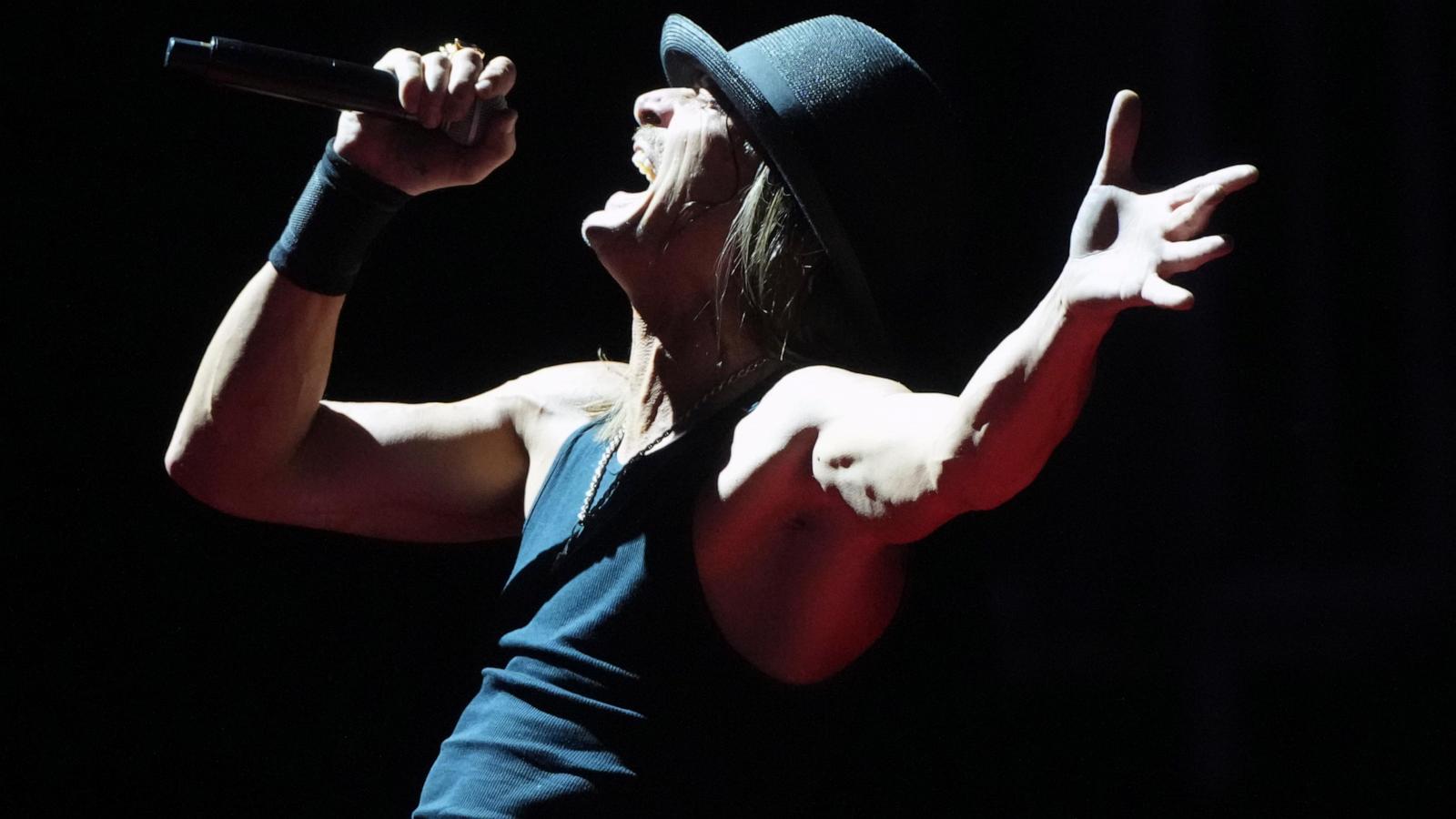Celebrities and Politics: A Shifting Landscape
The relationship between celebrities and politics has always been a complex one, often marked by controversy and divided opinions. But the recent involvement of various entertainers in political events has thrown the dynamics into sharp relief, raising questions about the changing tides and motivations of those in the public eye. From mainstream singers lending their voices to presidential inaugurations to rappers gracing political rallies, the lines are blurring. But is this a genuine shift in allegiance or simply a calculated move for publicity?
The Changing Face of Celebrity Endorsements
For years, the entertainment industry leaned heavily towards one side of the political spectrum. While there were always notable exceptions, a significant majority of high-profile celebrities expressed their support for specific political ideologies, and those against the status quo often faced backlash from various segments of society. Yet, the rise of social media has undeniably opened the playing field for various entertainers to be openly politically vocal and associate themselves with different viewpoints, both liberal and conservative, though a partisan bias may be still quite visible in terms of public visibility. The participation of figures like Carrie Underwood in President-elect Donald Trump's inauguration signals a noticeable divergence from the previously observed patterns in this field.
The Trump Inauguration and its Star Power
Eight years ago, enlisting celebrities for inaugural events presented a significantly greater challenge, highlighting the polarization of opinions among the American public. The 2017 inauguration was noticeably bereft of A-list performers, in stark contrast to Barack Obama's second inaugural ceremony, which featured performances from renowned artists such as Beyoncé, James Taylor, and Kelly Clarkson, illustrating a disparity in entertainer involvement based on political preferences. This contrasted even more sharply with the substantial number of celebrities who took to the streets to march against Trump's inaugural. The difference in turnout is reflective of the celebrity stance against the incoming president at that time. While some celebrities openly supported Trump, including names like Kid Rock, the presence of such high-profile artists in his inauguration weekend shows an improvement in the support gained by the then President-elect over the years.
From Boycott to Embrace: Celebrities Re-evaluating Their Stances
However, more significant than the list of performers was the shifting perception of participation. Some celebrities who openly criticized Donald Trump in the past have surprisingly appeared at his events. Snoop Dogg, who previously created a music video depicting a violent encounter with a Trump look-alike, even performed at the Crypto Ball pre-inaugural event, triggering widespread debate across social media platforms, leading to the hashtag #SnoopDogg becoming a trend.
The Power and Politics of Celebrity Participation
While the level of celebrity participation at such events might still seem limited compared to the universe of famous people, experts are careful not to underestimate the effects and significance of such events. The act of appearing at or publicly endorsing political functions such as the inauguration speaks volumes to the nature of celebrity engagement with the political realm and has the potential to create wide-reaching consequences.
Weighing the Impact: Shifting Perceptions and Backlash
The involvement of celebrities in political events carries immense significance, as the decisions made can influence how these performers are perceived by the public, either by drawing support from fans who share similar viewpoints, or inspiring some people to boycott them. Some who openly expressed disappointment in the performances and statements of Underwood decided to delete songs from their playlists as a show of disapproval. The act of performing carries a multitude of implications. The impact on the performer's overall public image and reputation cannot be disregarded. Even an apologia from some performers demonstrates that despite their participation, there is a concern of a lingering stigma surrounding political alliances.
Beyond Politics: National Unity and Civic Engagement
The engagement in large civic events such as inaugurals can also be explained by other motivations such as showcasing national unity or fulfilling civic engagement, beyond strict political identity. It’s crucial to avoid overlooking this factor and seeing actions within a narrowly partisan viewpoint.
Counter-programming and a Call for Unity
The polarizing effects of celebrity involvement in political events have been made even clearer by the rise of counter-programming and events aimed at unity. The Creative Coalition and the Concert for America, held in conjunction with presidential inaugurations and often during other times of political tension, demonstrate alternative approaches focusing on causes that transcend partisan divisions, and raise money for various charities while also serving as an engaging platform.
The Concert for America: An Alternative Narrative
The Concert for America is an initiative that directly highlights and serves as a counterpoint to the narrative of celebrity endorsements. The effort of pulling together stars in a united fashion to raise funds for a charitable cause has provided an appealing alternative to politically motivated gatherings. This illustrates that alternative means of involving and encouraging celebrities in constructive efforts and projects are actively developing.
A Message of Hope: Transcending Divisive Politics
The focus on these events remains on bridging differences rather than fuelling conflict, emphasizing issues such as supporting veterans and arts funding. This provides a constructive way for celebrities to voice their stance on such issues and projects while being able to attract both sides of the political landscape.
Take Away Points:
- The relationship between celebrities and politics is dynamic and often contentious, shifting alongside cultural trends and social media influence.
- Celebrity participation in political events carries significant consequences, potentially changing public perceptions of both the celebrity and the event itself.
- Alternative approaches, like the Concert for America, emphasize uniting causes, illustrating that celebrities can also participate constructively across political boundaries.




